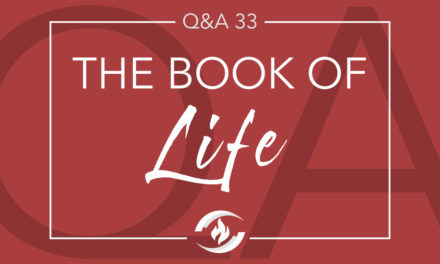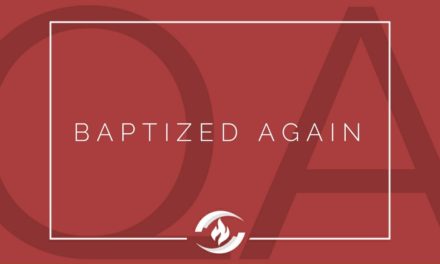Q.
Hi John,
My question is regarding the prophecy in Joel Chapter 2. Is it a conditional revival promise or an unconditional prophecy of the millennium? On the one hand, the announcement of the “locust army” in verses 1-11 and the signs in verses 30-31 seem to point to the end times. Also, the Lord has promised the restoration of Israel unconditionally in other passages of the OT. Nearly every conservative commentator concludes that Joel 2 is an end time prophecy. On the other hand, verses 12-17 seem to represent the conditions that have to be met for the promises to be fulfilled. I suppose that in the Book of Acts, the conditions were met for example when the disciples prayed in the upper room (Acts 1:13-14). But I don’t see a record in the Bible of the Jewish priests weeping (Joel 2:17) to bring about the Millennium.
Thank you,
Christian
A.
Hello Christian,
Thank you for your insightful question. Joel 2 is debated as to timing. Some distinguish between an imminent day of the Lord (vv. 1–27) and an ultimate day of the Lord (vv. 28–32). Clearly, verses 12–27 constitute a conditional promise, especially based on verse 14.
An interesting note in The Open Bible regarding vv. 28–32 states, “The Hebrew Bible makes these verses a separate chapter because there seems to be a significant time break from v. 27.” With this understanding, the conditional verses that open the chapter would be for the imminent day of the Lord, not particularly for the ultimate day of the Lord.
Verses 28–32 constitute two different prophecies, much like the prophetical passages that state first advent prophecies followed immediately by second advent prophecies. Verses 28–29 address the day of God’s power with the descent of the Spirit inaugurating the age of the Spirit. Verses 30–32 address the day of God’s wrath with the descent of the Son inaugurating the age of the Son in the kingdom reign. In fact, the wording of vv. 30–31 parallels descriptions in the Olivet discourse of what will take place immediately before the Lord returns.
Some believe there will be a full and final fulfillment of verses 28–29. Regardless, Acts 2 lets us know there was a fulfillment of this prophecy on the day of Pentecost. Significantly, the outpouring of the Spirit was preceded by a focused prayer meeting recorded in Acts 1. Even though the conditional verses (vv. 12–27) may be tied to vv. 1–11, the conditional principle is similar to passages like James 4:6–10 (which my father used to describe as the 2 Chronicles 7:14 of the New Testament). Since Acts 2:17 places the promise of the outpouring of the Spirit in “the last days” which apparently began on the day of Pentecost and continues (1 Timothy 4:1 and Hebrews 1:2), then this is a promise to be obtained (Heb. 11:33) by each generation. History records many such outpourings in this age of the Spirit.
Salvation and revival are always based on faith. Faith is always a response to the Spirit’s convincing. But faith is necessary. Therefore, in the least, the promise dealing with the outpouring of the Spirit in revival is conditional.
John
We’d love to hear your thoughts on this subject in the comments section below! If you have a question on another subject, we welcome you to make a submission by clicking here:










